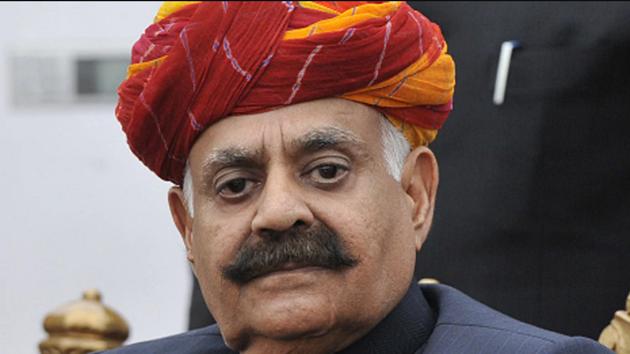GST will reduce Chandigarh administrator’s power
The UT administrator will lose some of his powers with regards to levy of taxation with the goods and services tax (GST) that have been passed for the union territories including Chandigarh. The GST is expected to be introduced from July 1.
The UT administrator will lose some of his powers with regards to levy of taxation with the goods and services tax (GST) that have been passed for the union territories including Chandigarh. The GST is expected to be introduced from July 1.

Earlier, Chandigarh had adopted the system of Punjab VAT wherein substantial powers with respect to levy, exemption, appointments were vested with the administrator, according to experts following the GST.
The UT administrator, who is also the governor of Punjab, has been given power only in respect of appointment of officers that too upon recommendation of the Centre.
Read more | RBI sees inflation firming up to 5% on GST
Since Chandigarh is a Union Territory which draws its powers from ministry of home affairs, it has been provided that all the rules and regulations with respect to levy, exemptions, chargeability, shall be decided by the Central Government as recommended by the GST Council. As per the GST bill, the administrator will now appoint Commissioners and other officers who will implement the act.
UT tax
Now, there will be a tax called the union territory tax on all intra-State supplies of goods or services or both, except on the supply of alcoholic liquor. The rate of such tax shall not exceed 20%, which will be notified by the Central Government on the recommendations of the Council.
The Central government may, on the recommendations of the GST Council, specify categories of supply of goods or services. The recipient of such goods or services will be required to pay the tax.
Reasons for having GST
Presently, the Constitution empowers the Central Government to levy excise duty on manufacturing and service tax on the supply of services. Similarly, it empowers the state governments and Union territories to levy sales tax or value added tax on the sale of goods. In addition, many States also levy an entry tax on the entry of goods in local areas. This exclusive division of fiscal powers has led to a multiplicity of indirect taxes in the country, says the bill cleared in the parliament.
The present tax system has led to the multiplicity of taxes at the Central and State levels which has resulted in a complex indirect tax structure in the country that is ridden with hidden costs for the trade and industry. Also, there is no uniformity of tax rates and structure across the States. The GST, it is claimed, will simplify the tax system and bring uniformity.





